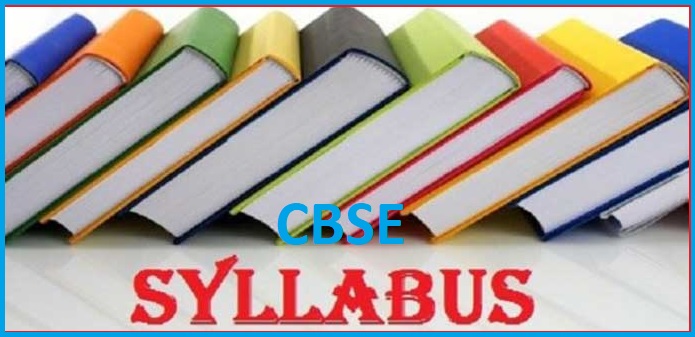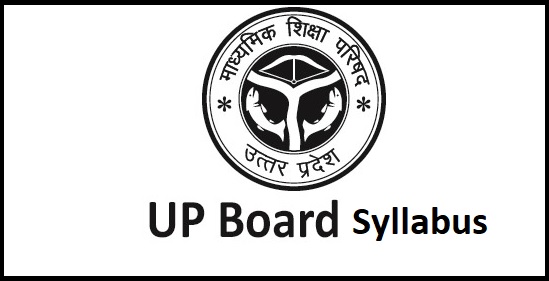NIOS Class 12 Psychology Syllabus

The National Institute of Open Schooling (NIOS) has designed its psychology syllabus for 12th class students to help them apply knowledge of psychology for social and personal development. Another aim of the syllabus is to make students understand the relationship between life concern and psychology. The NIOS Class 12 Psychology syllabus 2024-25 includes the units and chapters from which question papers will be created for the exam. Students, as well as teachers, should be well-versed with the syllabus before the start of an academic session.
NIOS 12th Class Psychology Syllabus 2024-25
The written exam of Psychology subject will be of 100 marks. The examination will carry questions from both core and optional modules of the syllabus. This the reason why it is crucial for every student to know each unit included in both core and optional modules to score good marks in the exam. The module-wise distribution of the marks in the exam is illustrated in the table given below.
| Module | Maximum Marks |
| Foundations of behavior – I | 18 |
| Foundations of behavior – II | 18 |
| Human Development | 18 |
| Personality | 18 |
| Group Process | 18 |
| Work & Stress | 10 |
| Total | 100 Marks |
Detailed NIOS Syllabus of 12th Class Psychology Subject
Here is the list of units and topics included in each module under the psychology curriculum of NIOS class 12th.
Core Modules
- Foundations of Behavior – I
- Psychology: an introduction.
- Methods in Psychology
- Biological Bases of behavior
- Sensory Processes
- Perception and attention
- Foundations of behavior – II
- Learning
- Memory and Forgetting
- Thinking
- Individual differences
- Motivation
- Emotion
- Human Development
- Nature of Development.
- Stages of Development.
- Factors of Development
- Adolescence
- Adulthood to Personality
- Personality
- Nature of Personality
- Approaches to Personality
- Adjustment
- Self-control and Moral Development
- Strategies for Personality Development
- Group Process
- Group: its nature
- Social influence
- Leadership
- Intergroup Conflicts
Optional Modules
- Work
- Education and Work
- Vocational choice
- Career Development
- Work in Organizations
- Vocational Adjustment
- Stress
- Stress processes
- Promoting Well-being
- Stress and health problems
- Stress management
- Stress
- Development Patterns in Early Childhood.
- Play Centre – Organization
- Play Centre – Structural Details
- Planning and Conducting Programmes
- Involvement of Parents and Community



Will there be paratical exam for Psychology?